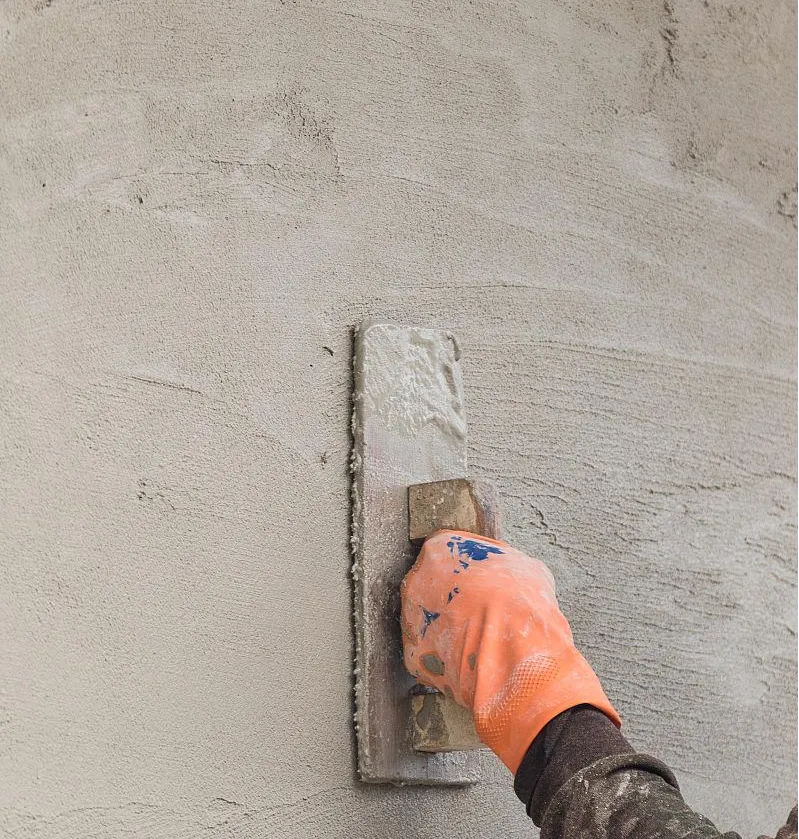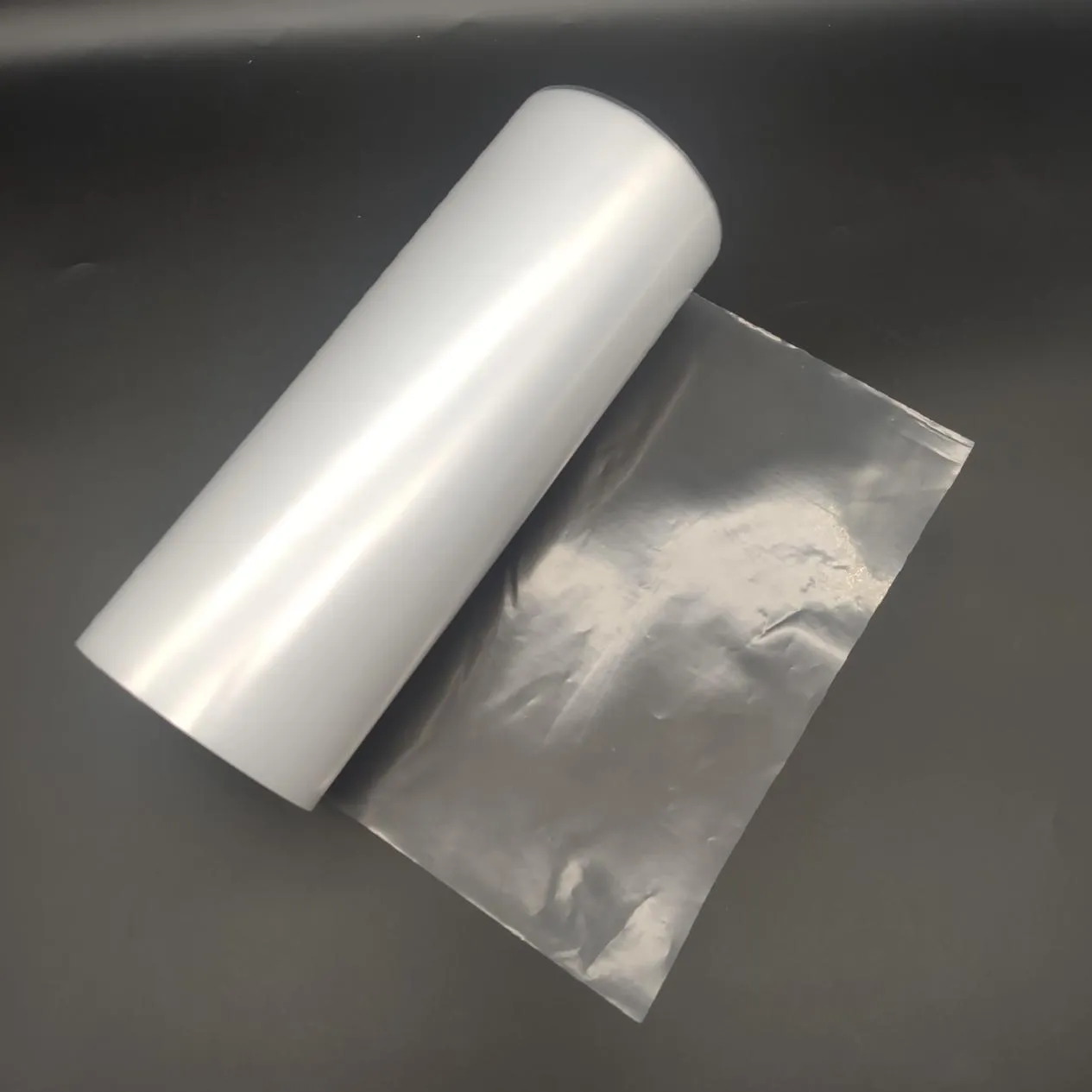
Exploring the Versatile Applications of Polyvinyl Alcohol (PVA) in Construction and Manufacturing
Polyvinyl alcohol (PVA) is a synthetic polymer widely used in various industries for its adhesive qualities, water solubility, and environmentally friendly profile.

Understanding Polyvinyl Alcohol and Its Core Properties
Its chemical composition, denoted by the polyvinyl alcohol chemical formula (C₂H₄O)ₙ, reveals a chain of vinyl alcohol units that grant it remarkable film-forming and emulsifying capabilities. These properties make PVA highly suitable for use in textiles, construction, and packaging.
In its powdered form, polyvinyl alcohol powder is preferred for its ease of transportation and longer shelf life. It can be reconstituted in water to create a strong polyvinyl alcohol adhesive, suitable for bonding paper, textiles, and porous construction materials.

Construction Uses: PVA for Plastering and Rendering
In the building sector, PVA’s versatility is demonstrated through its wide-ranging applications. For instance, PVA bond for plastering is a common use where a diluted PVA solution is applied to walls before plaster is added. This helps the plaster adhere more effectively to the surface, reducing the likelihood of cracking and delamination.
Similarly, PVA for rendering plays an essential role in exterior and interior wall finishes. When mixed with cement or sand renders, PVA enhances workability and adhesion. This ensures a smoother finish and more durable surface, particularly in moisture-prone areas.
The use of white PVA—a type of PVA known for its clean appearance and non-toxic composition—is especially popular in both household and commercial construction projects. It serves as a primer, sealer, and bonding agent in one, reducing the need for multiple products.
Industrial Value and Market Trends
The market demand for PVA is increasing, especially with the rise of sustainable manufacturing practices. One of the key growth areas includes water soluble film manufacturers, who rely on PVA to produce eco-friendly packaging solutions that dissolve in water. This is highly beneficial in agricultural and detergent packaging, where ease of disposal is critical.
Another driving factor is the competitive PVA polymer price, which continues to make it a cost-effective choice for businesses seeking reliable and eco-conscious alternatives to traditional plastics and adhesives.
With its high tensile strength, biodegradability, and compatibility with various substrates, PVA continues to be a staple in both traditional and emerging industries.
FAQs About Polyvinyl Alcohol (PVA) Products
1. What are the different PVA types available and how do I choose the right one?
PVA comes in various grades based on the degree of hydrolysis and polymerization. Common types include fully hydrolyzed (for high strength and resistance), partially hydrolyzed (for easier solubility), and special grades like PVA2488, known for its balance between strength and solubility. Your choice depends on the application's requirements—adhesion strength, solubility, or flexibility.
2. How is polyvinyl alcohol powder used in everyday applications?
Polyvinyl alcohol powder is typically dissolved in water to form a viscous solution used in adhesives, coatings, textile sizing, and even in slime-making for educational purposes. It offers excellent film-forming and adhesive properties, making it a go-to material in industrial formulations.
3. Why should I use PVA bond for plastering?
Applying a PVA bond for plastering enhances the adhesion between old walls and new plaster. It reduces dust, seals porous surfaces, and improves the finish of the final plaster coat. It's especially useful for prepping high-absorption surfaces like concrete or brick.
4. Can I use PVA for rendering exterior walls?
Yes, PVA for rendering helps improve the workability and bonding of render to external walls. It minimizes cracking and adds durability to the rendered surface. Be sure to use weather-resistant PVA for outdoor applications.
5. What should I know about PVA polymer price in the market?
The PVA polymer price varies based on the grade, purity, and supplier. Factors such as production costs, demand in the packaging industry, and innovations in water-soluble films influence its market price. For bulk purchases or specialized grades like PVA2488, contacting multiple water soluble film manufacturers can help you get competitive rates.
-
Hydroxypropyl Starch as a Sustainable Construction AdditiveNewsNov.24,2025
-
The Gelation Properties of CMCNewsNov.21,2025
-
Redispersible Latex Powder and Water Retention CapacityNewsNov.21,2025
-
Dosage Control for Polycarboxylate Water ReducerNewsNov.21,2025
-
Film-Forming Properties of Polyvinyl AlcoholNewsNov.21,2025
-
The Function of Gypsum Additives in MortarNewsNov.21,2025





















